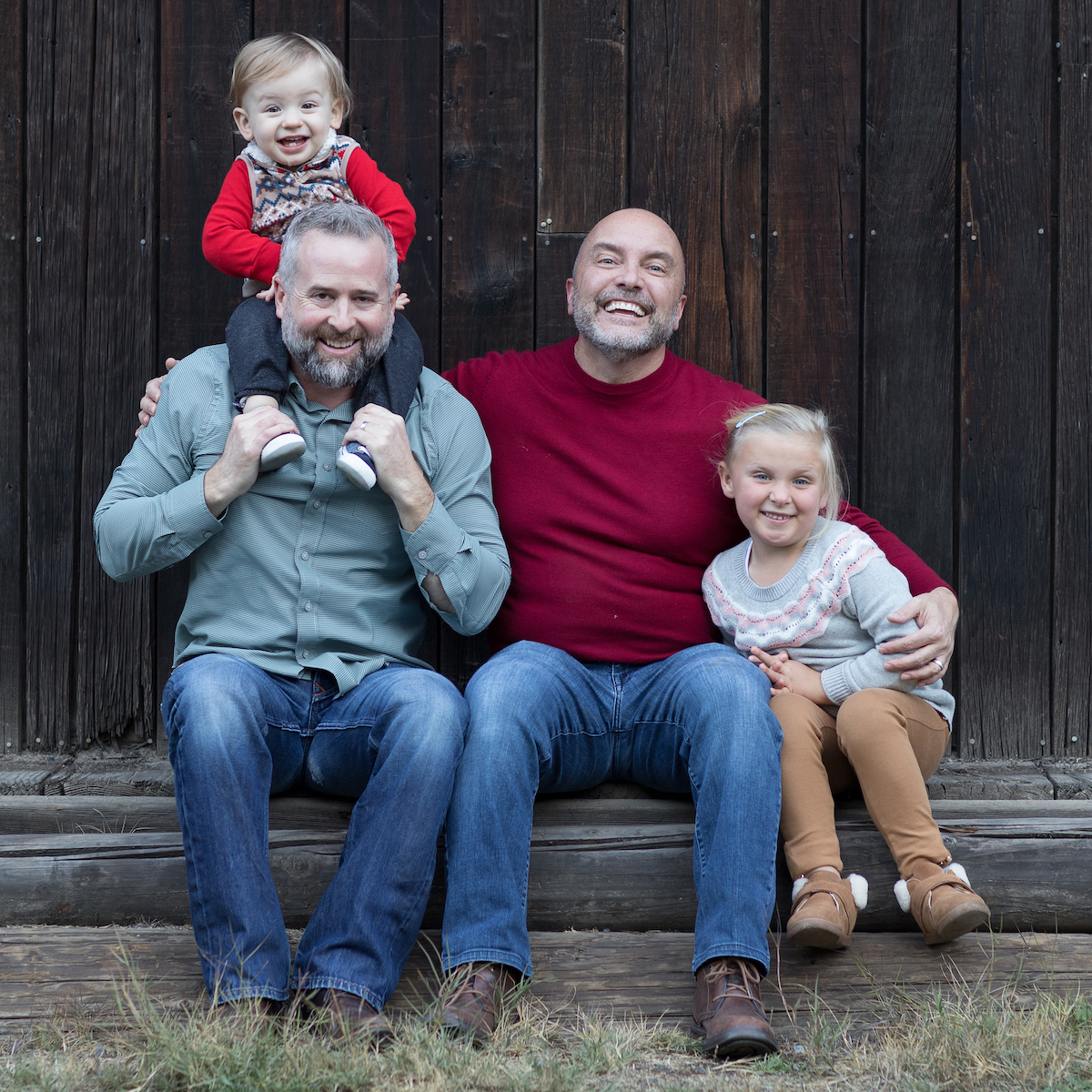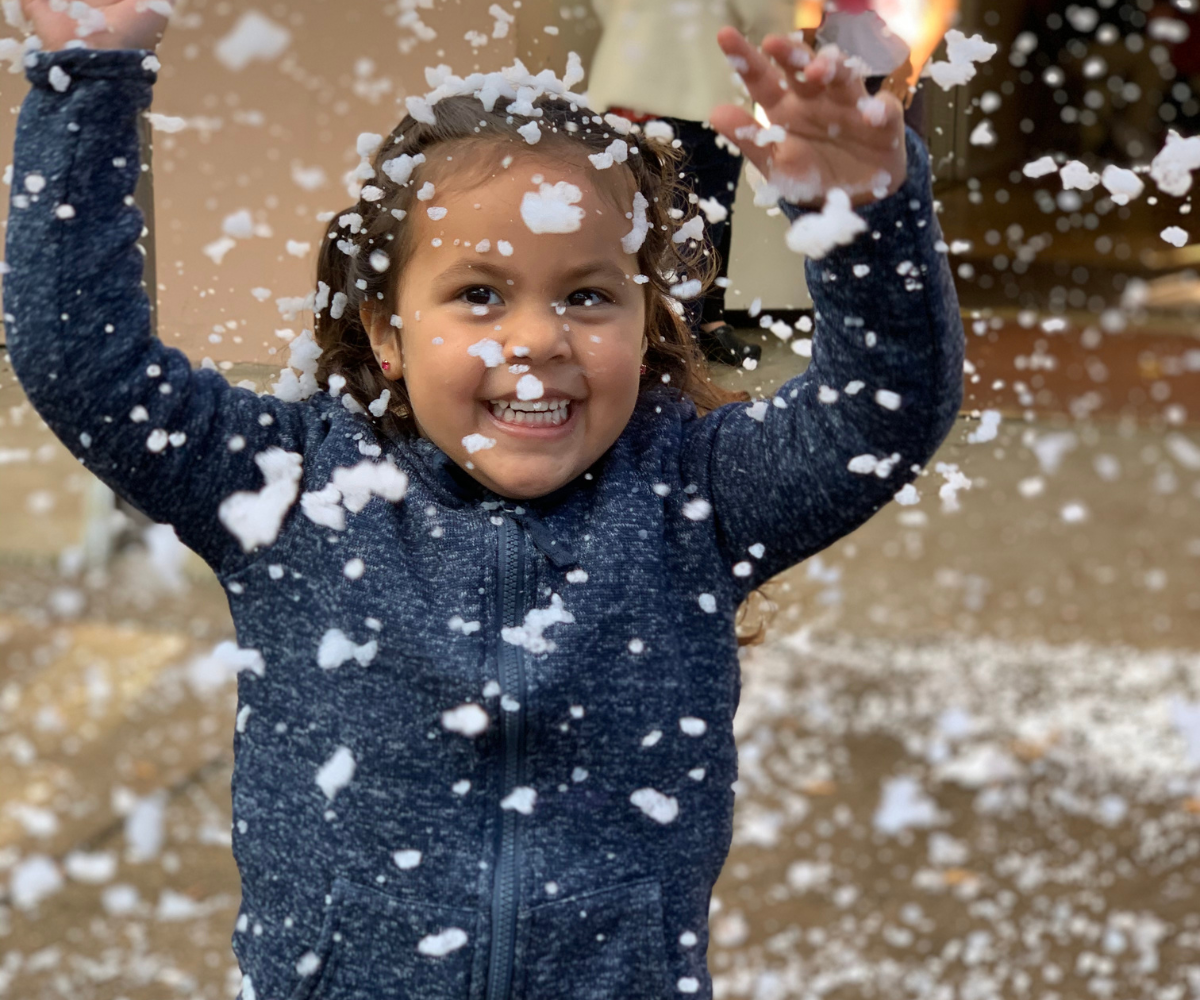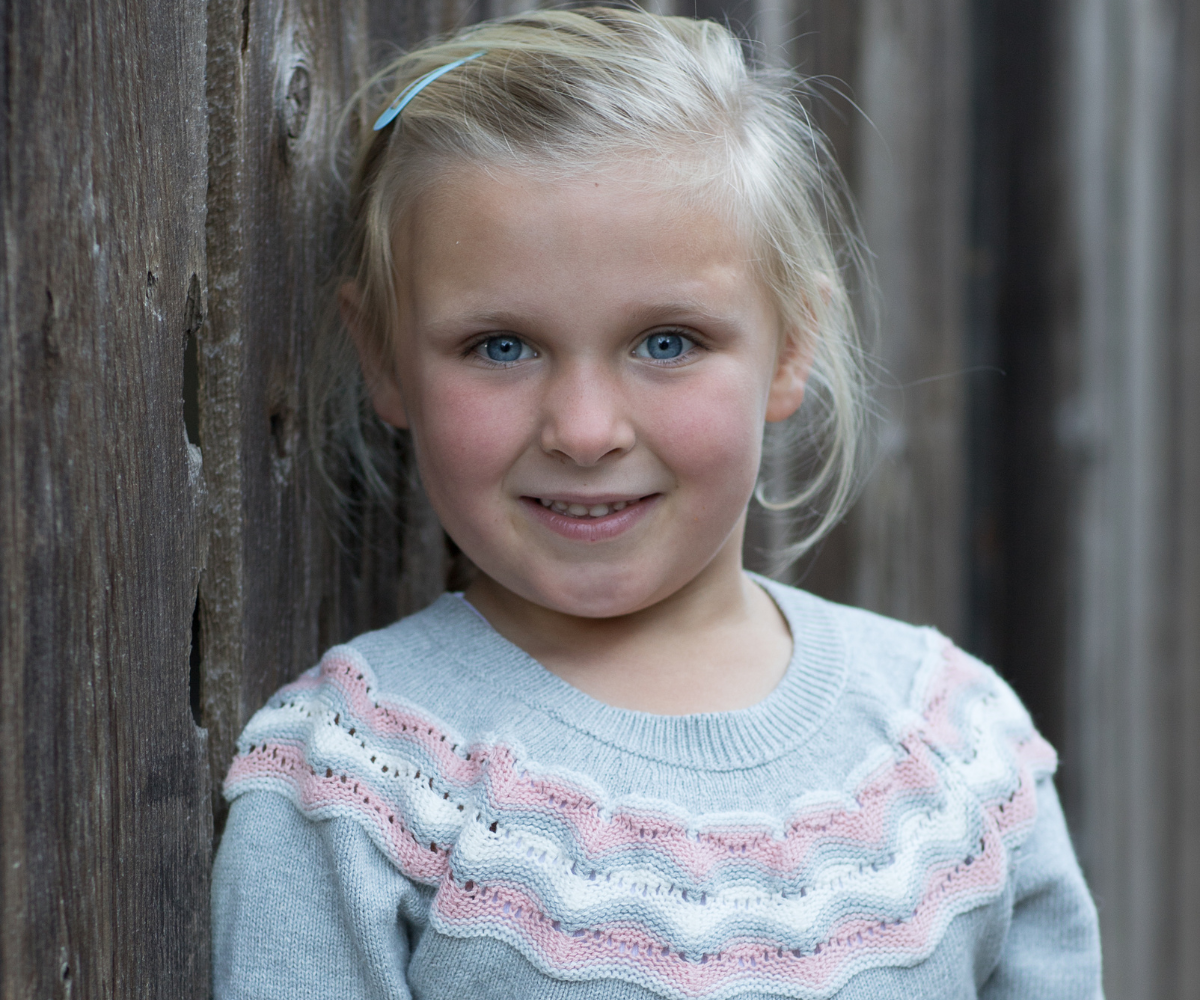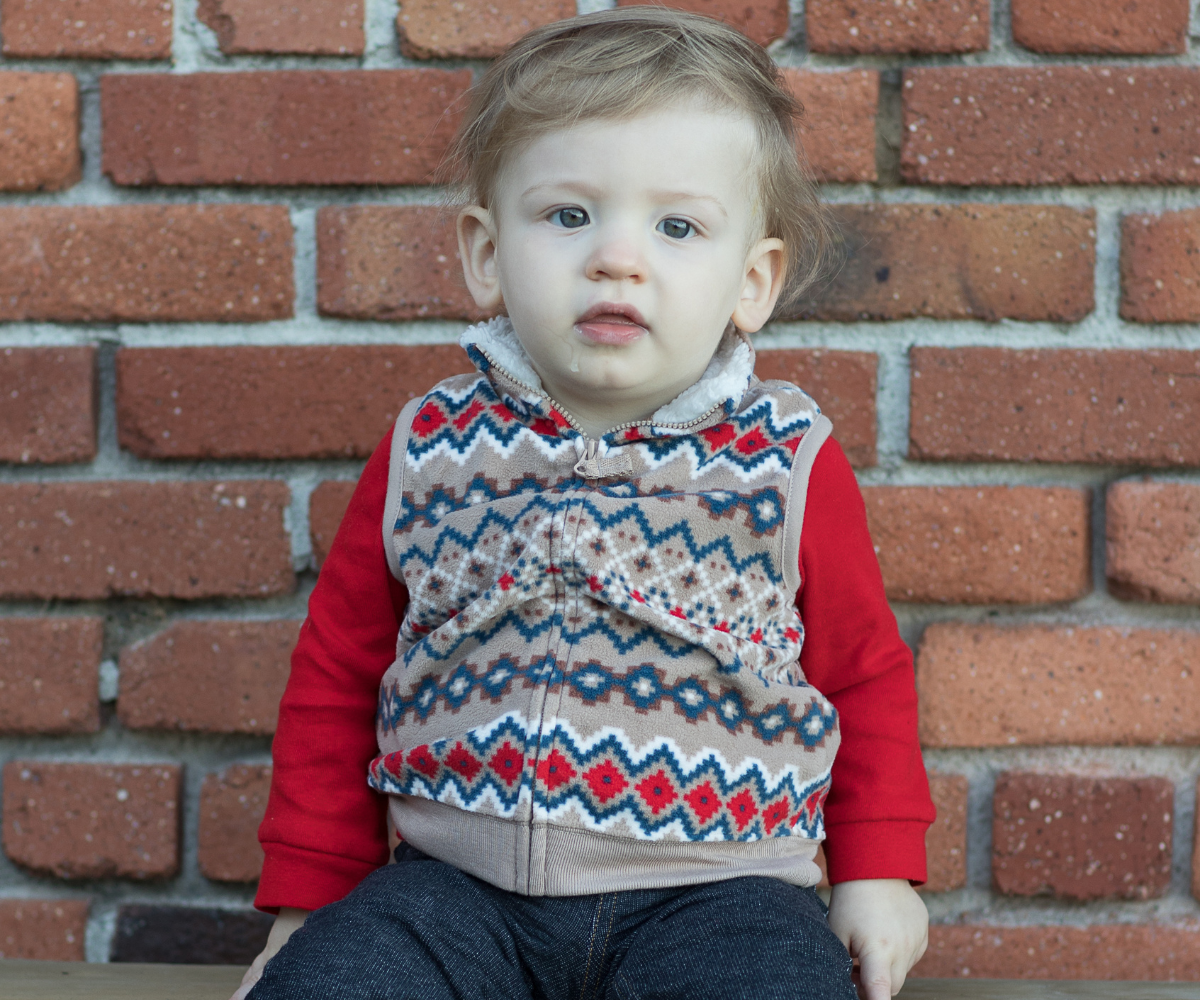
There are foster kids in Marin? Who knew? Seems like so many Marin kids you see are riding their electric scooters to the organic juice shop before tutoring, or cutting you off in their parent’s Tesla in the Shake Shack parking lot. But not every kid in Marin is born on third base.
There are currently hundreds of foster children from Marin County, many of whom can’t find homes in Marin and have been sent out of the county, away from friends, school and the community they know. So who are these kids? Where do they come from? And who’s helping them? Well, we’re gonna share the stories of three great kids who are thriving today thanks to the help of Marin’s foster care system. And if we inspire a reader or two to find room in their hearts and home for a child awaiting placement, well, wouldn’t that be a great follow-up story?
Gloria

Gloria was born in San Rafael. For the first six months of her life, she was cared for by her biological mother. The specifics of why Gloria’s mother was no longer able to care for her wasn’t a question Ashley Hurd asked of the two social workers that showed up at her house one Tuesday in 2016. Ashley and her husband Riley live in San Rafael and fostering children in need is what they do. And Gloria was in need.
The Hurds had the space and the heart to care for her and everything else would work itself out in time. The six-month-old was visibly nervous when she first arrived. Fortunately, the Hurd’s young son Riley, then 3, helped make her feel at home. He pulled toys from the toy box and immediately embraced her as a sibling.
But the goal of fostering is to get the child reunited with their birth family. In Gloria’s case, her mother was no longer an option. Hopefully, her father would be. So as Gloria settled into her new home, the search began for her biological father. It took a few months, but as Ashley tells it: “The first time the dad and I really interacted was at a doctor’s visit. He showed up and didn’t speak much English, I speak a little Spanish so we got by,” Ashley explains. Her dad, Marco, was trying to get Gloria’s attention, however, Gloria was at that point sticking to Ashley like Velcro. Fortunately, he brought her a little backpack and took out a snack container with little cut-up fruit that he offered her. She immediately took to him (and the fruit!) “It was at that moment I realized, she’s going to be ok. He loved and wanted her.”
Gloria’s father was eager to get to know his daughter, joining the Hurds at the multitude of doctor’s appointments and examinations required. Slowly the Hurds began taking Gloria to her father’s house for visits. They brought Gloria’s crib on these visits to ease her in. It was a slow transition that helped Gloria see her foster family with her biological family which helped her feel safe.
All told, Gloria was with the Hurds for about 10 months, with about 3 months spent transitioning her to her father’s care and custody. According to Ashley, the transition period is a nerve-wracking time. Saying goodbye is brutal.
One simple exchange allayed Ashley’s fears.“We were in the middle of the transition plan and it happened to be Mother’s Day,” says Ashley, who was dropping her off for a scheduled visit with her dad. “When I went to leave he stopped me and said, ‘I have something for you.’ He came out of the house with a dozen roses and said, ‘Happy Mother’s Day.’ At that moment I knew we’d stay in touch forever. And then I sobbed in my car.”
Annabelle

Annabelle was born in Lake County, California. Her birth parents were unable to care for Annabelle, so she was taken in by family members in San Rafael. Ultimately her birth family was not able to provide a safe, stable home environment and Annabelle entered the foster care system when she was 18 months old. She spent the first few months of foster care with a temporary placement family before being transitioned to Rod and Jason; a San Francisco couple who recently moved to Marin with the goal of starting a family. The couple considered surrogacy and private adoption knowing that fostering was not the traditional path to parenthood. But they felt that even if fostering did not lead to adoption, they could provide a loving home for a child in need. And Annabelle turned out to be that child. Annabelle needed a stable environment. But stability for Annabelle initially meant instability for Rod and Jason. “Fostering can be an emotional rollercoaster,” says Rod. “There are a lot of emotions as you go through the process and help your foster child bond, but also remember that they may be reunited with their birth family which is the goal of the foster care system.”
About a year went by and Annabelle settled in, it became clear that reunification with her birth parents was unlikely. The bond between Annabelle, Rod, and Jason was growing stronger. There were plenty of social worker visits and doctor’s appointments and Annabelle was thriving. That’s when Rod and Jason began the adoption process. “Once we got to the adoption process, emotionally you feel your family is about to grow which is an incredible experience.” says Jason. “You see your future with this child in it; and while nothing is ever certain, you also feel incredibly hopeful.”
In late 2019, Rod and Jason adopted Annabelle. And while her early years were a struggle, today she’s just another Marin kid with a bright future, and possibly, someday, even an electric scooter to ride to the organic juice shop.
Layton

Layton hails from Greenbrae. Sadly, he was exposed to multiple controlled substances in utero. This meant spending nearly a month in the NICU detoxing, which is a tough way to come into the world. Tougher still, his parents were deemed unfit and he was subsequently placed with a foster family in Marin. Layton’s first foster family endured many sleepless nights as they helped nurse him back to health. Eight months later, Layton was on the mend. But little Layton hit another speed bump when the courts determined that reunification with his birth parents was not a viable option. And so the search began for a foster-to-adopt situation. And in Layton’s case, finding the right permanent family situation was all about timing.
Remember Annabelle from the previous story? Well, two years after her adoption, Rod and Jason were thinking it was time to grow the family. Over the years, they’d received calls from the placement social worker about other children in need, but each time they weren’t quite ready to say yes. After all, the decision wouldn’t just affect them anymore. It affected Annabelle, they wanted her to be the priority.
However, at around age 5, Annabelle began asking her dads about a sibling. The family discussed if Annabelle was open to fostering a younger sibling. She enthusiastically agreed. And if Annabelle was ready, Rod and Jason were ready too. So when social services reached out about a sweet little boy named Layton, they quickly agreed to the foster placement and adopted Layton this December.
Today the family of four is doing great. “She loves having a baby brother, loves playing with him, teaching him new things, and introducing him to everyone,” says Jason. “It has also been very helpful for Annabelle to understand her own story by observing Layton become part of our family.”
All three of these stories are about young kids. These stories are easier to tell because they have happy endings. But there are plenty of older kids who spent their early years with their biological parents until the unthinkable happens and they find themselves alone without a family member or even a family friend who can care for them.
It’s also tough because older kids aren’t necessarily looking for adoption. They just need a stable, loving home while their parents get back on their feet. Families are ripped apart for many reasons, sometimes it’s medical issues, other times addiction or financial crisis. Whatever the reason, it’s certainly not the child’s fault. And when children grow up in unstable environments, the effects can have a lifelong negative impact. “The children entering foster care have experienced some form of trauma. You have the opportunity to be a stable force in that child’s life,” says Rod.
Finding a loving foster care situation is a stepping stone out of difficult circumstances and a better future. “One of the most incredible things we discovered when we became foster parents was having people we know disclose to us that they were also in the foster care system at some point in their life,” says Jason.
If you’re even considering becoming a foster parent, you can start by volunteering for foster care relief. You’ll be put on a roster for foster parents to contact you should they need help with babysitting, carpooling, or even running errands.
“We were nervous and scared about our first placement. We were worried what it would look like and how our lives would change. But most of all we have felt supported and have found a new family in the foster care community,” says Rod.
Of course, if you can’t give of your time, your money helps too. Donate to Marin Foster Care.

